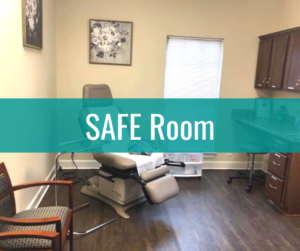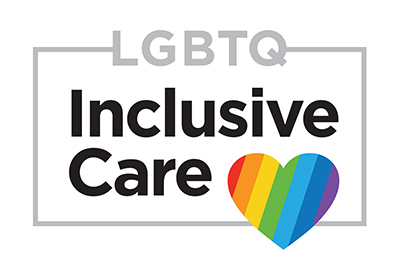All people can benefit from counseling or therapy. Therapy provides a safe and confidential place for a person to talk to a professional about personal experiences, thoughts, feelings, or problems. It is especially important to consider therapy if you’ve experienced a traumatic event.
Harrowing events such as natural disasters, death, physical violence, abuse, serious illness, and even a global crisis such as a pandemic, can be devastating experiences. While some quickly recover from the experience, not everyone copes with distress the same. Others may suffer from mental issues like depression or post-traumatic stress disorder. In this instance, you may need the help of a trauma therapist to cope with distressing experiences.
What is “trauma?” Trauma is the response to a devastating event that overwhelms an individual’s ability to cope, causes feelings of helplessness, diminishes their sense of self, and their ability to feel a full range of emotions and experiences.
Trauma can express itself as emotional and psychological symptoms:
- Shock, denial, or disbelief
- Confusion,
- Difficulty concentrating
- Irritability and mood swings
- Anxiety and fear
- Guilt and shame
- Withdrawing from others
Trauma may also manifest as physical symptoms:
- Insomnia or nightmares
- Fatigue
- Increased heart rate
- Migraines
- Aches and pains
- Muscle tension
- Nausea and dizziness
- Changes in appetite
- Weight loss or gain
Understandably, these symptoms can make one feel lost and out of control. Trauma can interfere with daily functioning, impair your ability to have happy relationships, and greatly decrease quality of life.
To manage these symptoms and process the emotional impact of the traumatic event in the long term, you may need outside help. This is where Trauma Therapy comes in.

How does therapy make you feel?
During therapy, you can expect to experience a wide range of feelings:
- Safety and acceptance.
- Discomfort, anxiety, or sadness as you face certain truths.
- Profound insights about yourself.
- Hope as you begin to conquer feelings.
- Elation as therapy unleashes power you didn’t realize you have.
As you progress in therapy, you find that you’re less anxious, sad or angry; more confident; and better able to cope with setbacks.
Most importantly, you begin to accept yourself. “When we’re self-accepting, we’re in better spirits, more flexible and more resilient.”
Our Services
At Domestic Violence & Sexual Assault Center, we offer individual, crisis, and periodic group counseling to create space where individuals can be hopeful about recovery and safely face the challenges that come with growth and healing. Whether the abuse was recent or long ago, therapy helps survivors regain a sense of empowerment in their lives.
The effects of trauma may be life-altering. Survivor’s perceptions of themselves and the world around them may shift and many will experience physical and emotional challenges in the aftermath. Trauma-focused therapy may be an integral part of the healing process for survivors of domestic violence and sexual assault.
Our counselors and therapists use a variety of evidence-based treatments to provide an optimal space for healing and growth. These include:
- Trauma-Focused Cognitive Behavioral Therapy
- Eye Movement Desensitization and Reprocessing Therapy
- Accelerated Resolution Therapy
- Brain Spotting
- Dialectic Behavior Therapy
All counseling services are provided at no cost to the survivor. Call today if you would like to inquire further or schedule an appointment with a counselor.





